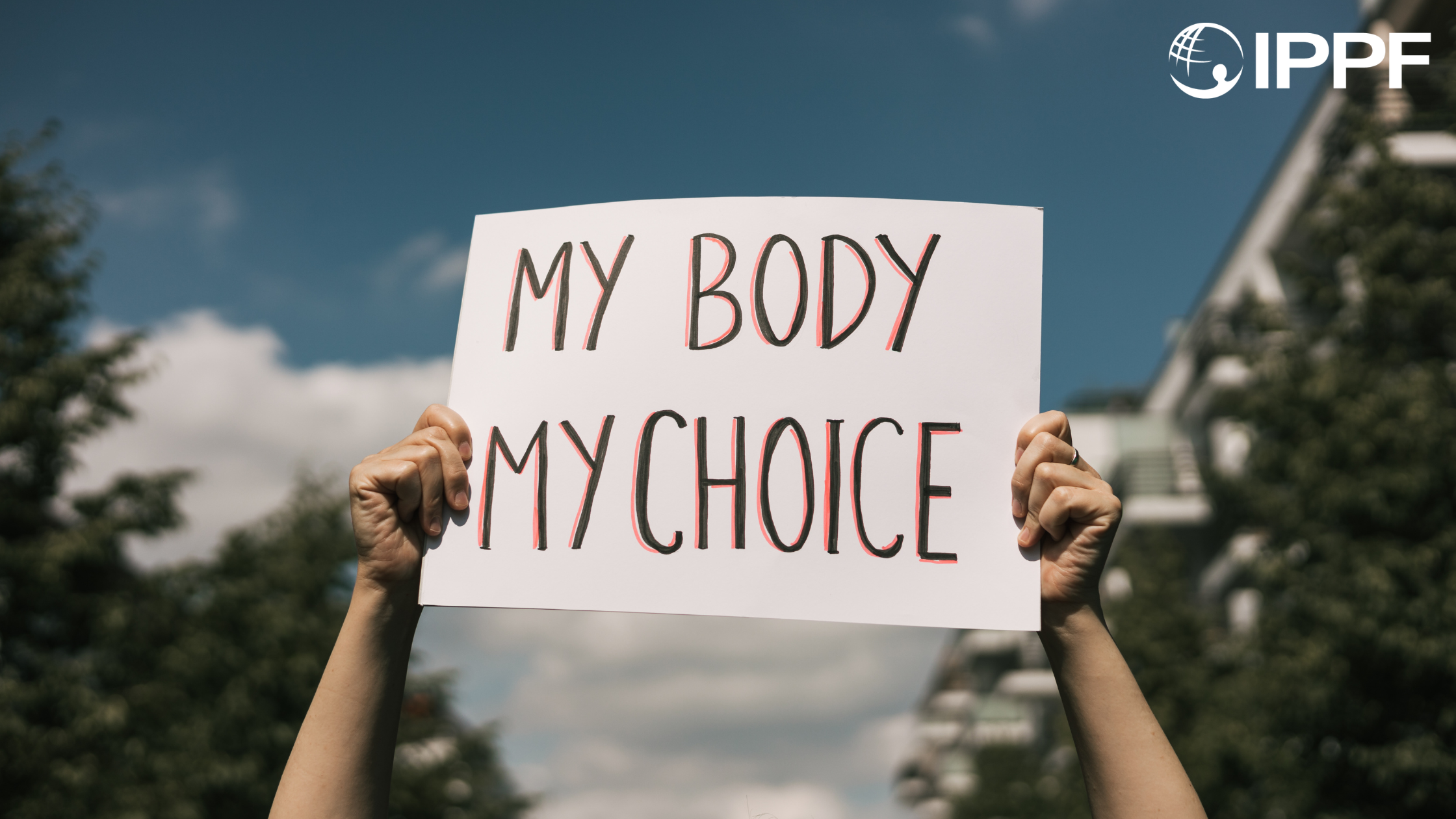On June 24, 2022, the US Supreme Court overturned Roe v. Wade removing 50 years of constitutional protection for abortion across America. Individual states now decide the legality of abortion within their jurisdiction. 2 years post-Roe, what are the international consequences of the Dobbs decision?
By continuing its unbridled attack on women's bodies and forcing them to carry pregnancies to term, the highest court in the land has reached its lowest point, robbing millions of their liberty, bodily autonomy and freedom - the very values the United States prides itself on.

Beyond Borders: How Overturning Roe v. Wade Impacts Abortion Rights Worldwide
Two Years After Roe v. Wade’s Reversal, the Whole World is Feeling Its Effects
The fall of Roe has emboldened and invigorated regressive forces around the globe, throwing a dangerous wrench in progress for many countries.
Read more: Two Years After Roe v. Wade’s Reversal, the Whole World is Feeling Its Effects | IPPF
Two Years Post-Roe: Africa’s Path to Reproductive Justice
Read the analysis of Marie-Evelyne Petrus-Barry, IPPF Africa Regional Director and Mallah Taboh, Architect of Cooperation at IPPF African Regional Office on 2 years Post-Roe in Africa.
Click here Two Years Post-Roe: Africa’s Path to Reproductive Justice | IPPF
Two years on: A look at impacts in Europe of the overturning of Roe v Wade
Read the analysis of IPPF European Network on 2 years Post-Roe in Europe.
Two Years Post-Roe: Navigating Reproductive Rights Challenges and Progress in East, Southeast Asia, and the Pacific
Read the analysis of IPPF ESEAOR on 2 years Post-Roe in East, Southeast Asia, and the Pacific.
Ripple effects: How Roe v. Wade’s overturn impacted the Caribbean
Read the analysis of Dr. Tonia Frame on 2 years Post-Roe in the Caribbean.
Click here: Ripple effects: How Roe v. Wade’s overturn impacted the Caribbean | IPPF
Roe v. Wade is a landmark Supreme Court decision from 1973 which effectively legalized abortion across all US states.
The case focused on a woman named anonymously at the time as Texan resident Jane Roe, in her case against Henry Wade, District Attorney of Dallas County, Texas. Roe sought an abortion after discovering she was pregnant – however Texan law denied her one because it stated that an abortion would only be permitted if it would save the life of the pregnant person.
Roe’s lawyers argued that she was unable to travel out of the state to obtain an abortion, and that the law – which was vague in its wording – infringed on her constitutional rights. Their case was successfully argued, with Supreme Court judges voting 7-2 in favour of Roe. This set a precedent which effectively legalized abortion in the first trimester of pregnancy nationwide, and protected a pregnant person’s liberty to choose to have an abortion without excessive government restriction.
However, in 1992, the Supreme Court revisited and modified Roe v. Wade‘s rulings in the case of Planned Parenthood v. Casey. This ruling reaffirmed that a woman’s right to choose to have an abortion is constitutionally protected, but scrapped the first trimester standard in favor of a vaguer one based on ”fetal viability”.
In 2018, Mississippi passed a 15-week abortion ban. Jackson Women’s Health, the state’s sole abortion clinic, challenged the law in court, arguing it conflicted with Roe v. Wade and Planned Parenthood v. Casey, Supreme Court precedents that prevent states from restricting abortion before viability.
In June 2022, the U.S. Supreme Court ruled in the Dobbs v. Jackson Women’s Health Organization case, reversing two long-standing precedents on abortion rights: Roe v. Wade (1973) and Planned Parenthood of Southeastern Pennsylvania v. Casey (1992). The two landmark rulings secured a woman’s constitutional right to abortion.
As a result, States are now deciding on their own abortion legisltation.
In the United States, 14 States banned abortion and 11 adopted hostile legislation. Check out the Center for Reproductive Rights interactive map here.
The States who banned abortion: Idaho, North Dakota, South Dakota, Missouri, Indiana, Kentucky, West Virginia, Tennessee, Alabama, Mississippi, Louisiana, Arkansas, Oklahoma, Texas.
To know more about the consequences of the overturn of Roe V. Wade in the US, visit PPFA website and social media: Planned Parenthood | Official Site – Planned Parenthood (@PPFA) / X (twitter.com) – Planned Parenthood (@plannedparenthood) • Instagram photos and videos – Planned Parenthood Action (@ppact) • Instagram photos and videos
We urge all governments to take immediate action to:
- Create and protect legal and regulatory environments that support health care professionals to provide access to safe and affordable abortion care. Access to abortion care should be protected and supported as an inalienable reproductive right.
- Decriminalise abortion care and regulate it like any other health care provision. Decriminalising abortion refers to the removal of specific criminal and/or civil sanctions against abortion from the law, so that no one is punished for having, providing or supporting access to abortion.
- Utilise the full benefit of the safety and efficacy of abortion medication, as well as the advancement of technology, to allow telemedicine and self-management access to abortion, as recommended by the WHO Abortion Care Guideline.
- Invest in robust health systems that are human rights-centred for abortion care information, counselling and services. Prioritise training on abortion care as an essential part of professional development for health care professionals – integrate it into lifelong learning to ensure health services are universally available. Such approaches should be linked to reproductive and social justice movements, and should include actions that address the needs and rights of communities that have been historically discriminated against.







